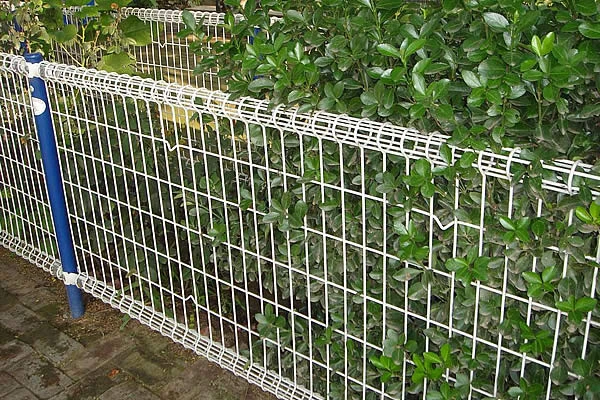 TEL:
+86-13102802206
TEL:
+86-13102802206
 Email:
fencenetting@china.com
Email:
fencenetting@china.com
 Language
Language
 TEL:
+86-13102802206
TEL:
+86-13102802206
 Email:
fencenetting@china.com
Email:
fencenetting@china.com
 Language
Language


The Versatility and Benefits of Chicken Wire Fencing
When it comes to securing your garden or livestock, few materials are as reliable and versatile as chicken wire fence. Although traditionally associated with poultry enclosures, chicken wire has found a myriad of uses in agricultural, residential, and commercial applications. In this article, we will explore the benefits of chicken wire fencing, its various uses, and why it may be the perfect solution for your fencing needs.
Understanding Chicken Wire
Chicken wire, also known as poultry netting, is typically made from thin, galvanized steel wire that is woven into hexagonal patterns. This design allows the fence to be lightweight, flexible, and easy to install. Originally designed for enclosing chickens and other small animals, chicken wire is available in various gauges and mesh sizes, making it suitable for different purposes.
Benefits of Chicken Wire Fencing
1. Cost-Effective Solution One of the most significant advantages of chicken wire fencing is its affordability. Compared to solid fencing options such as wood or metal panels, chicken wire is a budget-friendly choice. This is especially beneficial for large farms or gardens where cost can quickly add up.
2. Easy Installation Chicken wire is relatively easy to work with, allowing homeowners and farmers to put up a fence without professional help. With minimal tools required—just some fence posts and staples or wire ties—you can create a secure enclosure in no time.
3. Flexibility and Adaptability The malleable nature of chicken wire allows it to conform to different shapes and terrains. Whether you need to fence off a straight line or navigate around trees and obstacles, chicken wire can be easily adjusted to fit your needs.
4. Secure Protection While it may not be as sturdy as solid fences, chicken wire effectively keeps smaller animals such as chickens, rabbits, and even some garden pests contained. Its hexagonal openings are small enough to prevent most predators from reaching in and causing harm.
5. Visibility Unlike solid fencing that can obstruct views, chicken wire provides a clear line of sight. This is particularly beneficial in gardens where you might want to enjoy the landscape or monitor the activity of animals.

6. Durability High-quality chicken wire is galvanized, which means it is coated to resist rust and corrosion. With proper maintenance, chicken wire fencing can last for several years, making it a long-term investment.
Applications of Chicken Wire Fencing
While its primary use is for housing chickens, the versatility of chicken wire extends far beyond that. Here are some common applications
- Gardening Chicken wire is often used to create protective barriers around gardens, preventing rabbits and deer from munching on your prized vegetables and flowers.
- Pet Enclosures Many pet owners use chicken wire to build secure enclosures for rabbits, guinea pigs, and other small animals, providing them with a safe environment to roam and play.
- Craft Projects Artists and DIY enthusiasts utilize chicken wire to create innovative crafts, ranging from decorative sculptures to functional items such as plant cages.
- Home Improvement It can also be used in home improvement projects, such as supporting climbing plants, crafting trellises, or even reinforcing walls in basements.
Conclusion
Chicken wire fencing is a versatile, cost-effective solution that offers numerous benefits for homeowners, gardeners, and farmers alike. Its ease of installation, adaptability, and various applications make it a popular choice for securing animals and protecting gardens. Whether you're looking to enclose poultry, safeguard your vegetable patch, or explore creative DIY projects, chicken wire fencing is undoubtedly worthy of consideration. So, if you're searching for a reliable fencing option, look no further than chicken wire—it may just be the perfect fit for your needs.